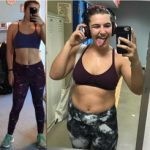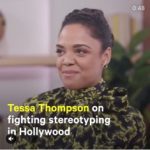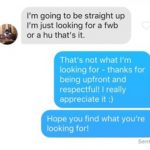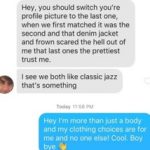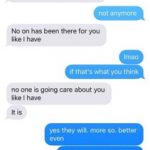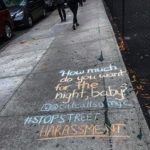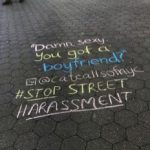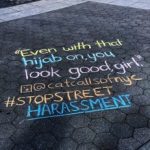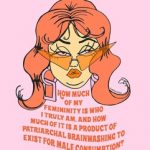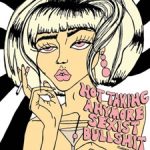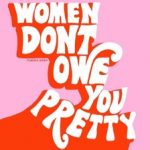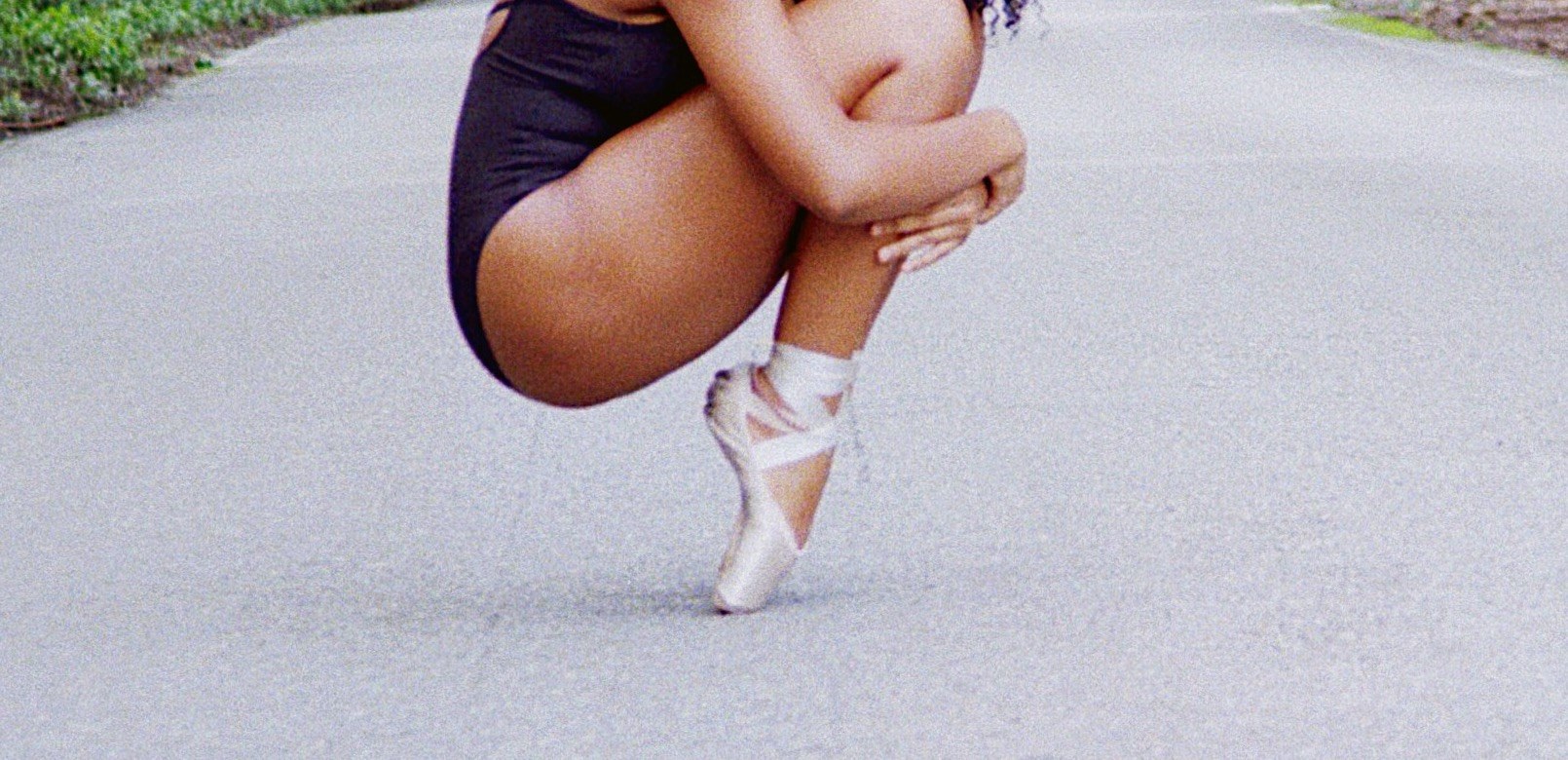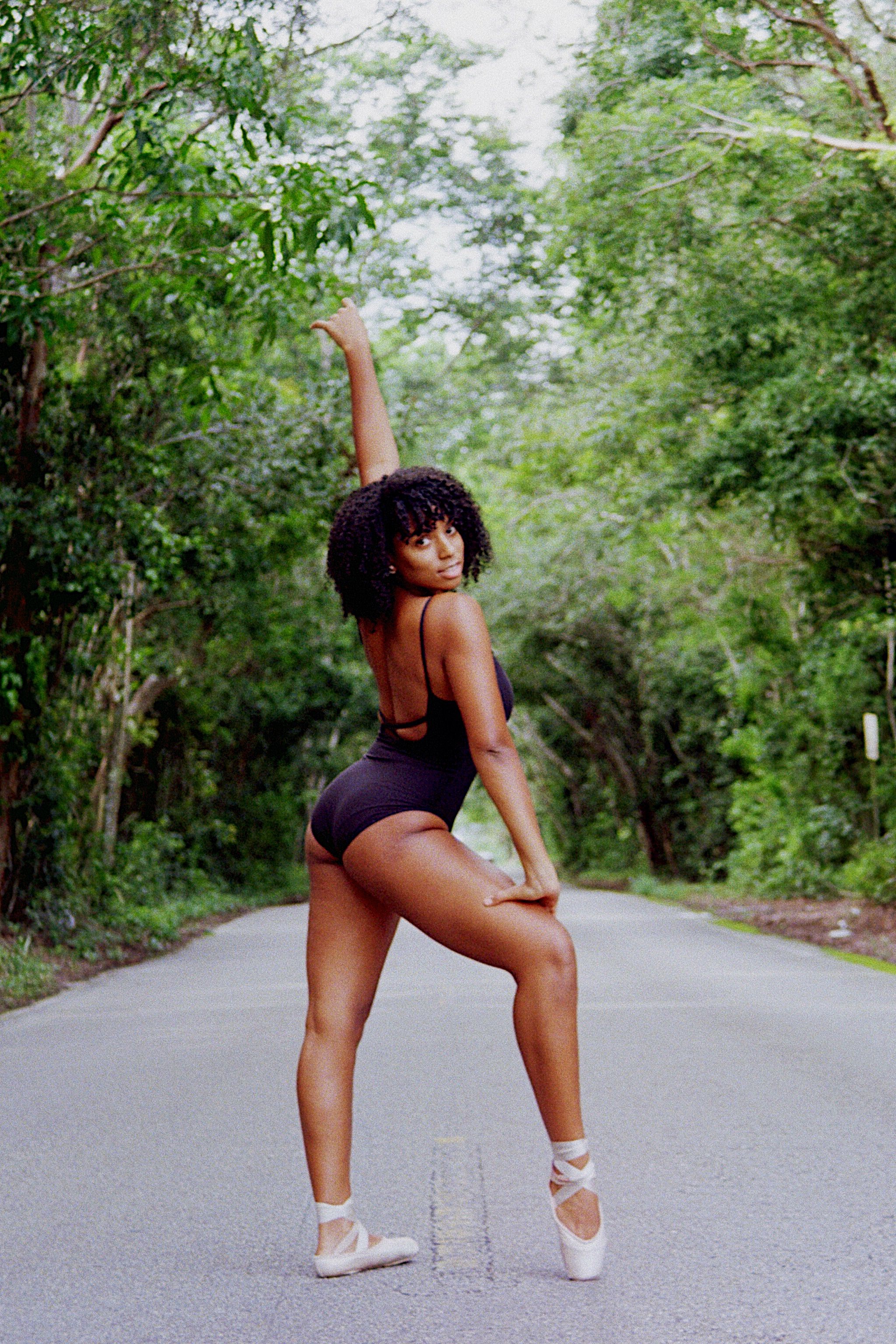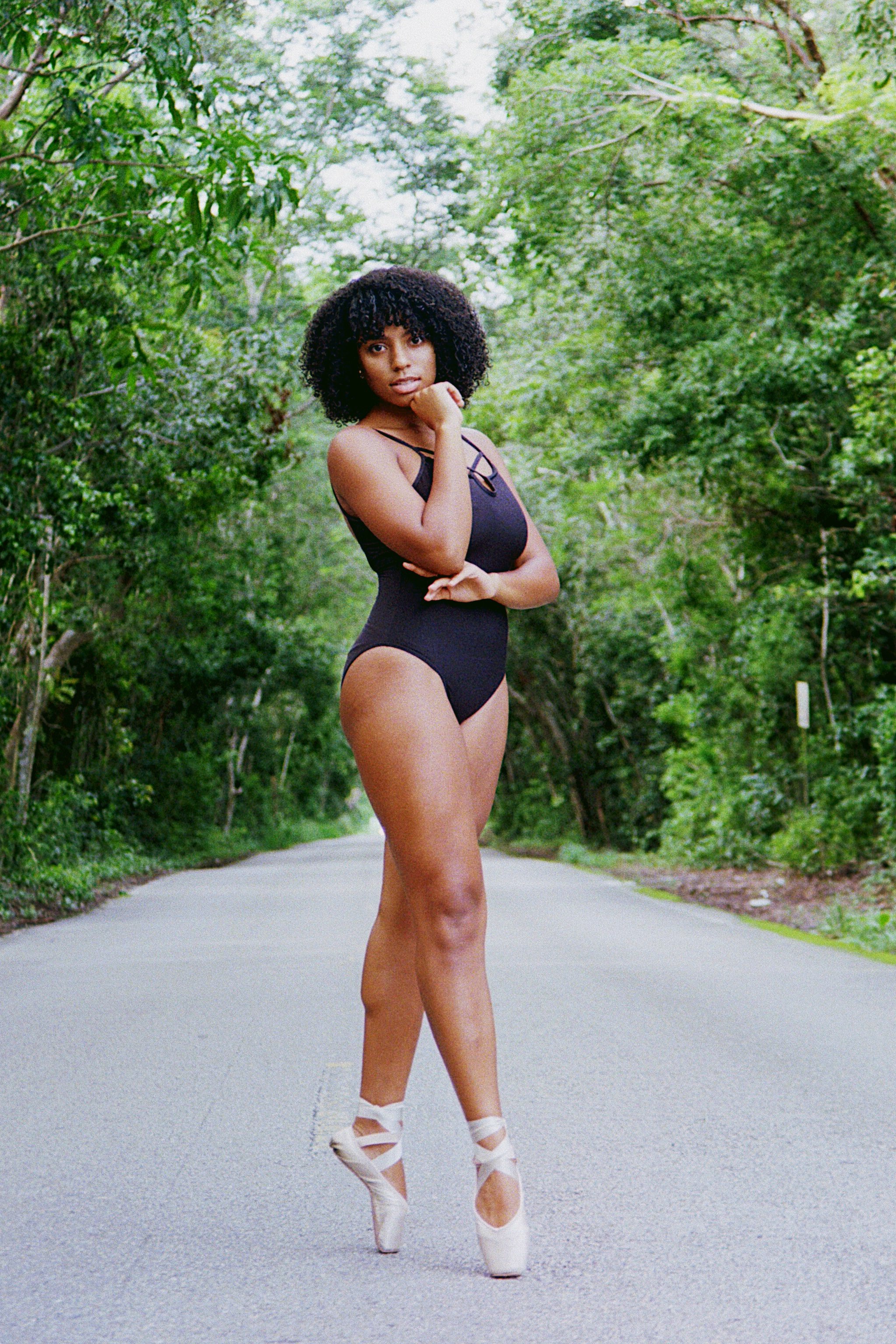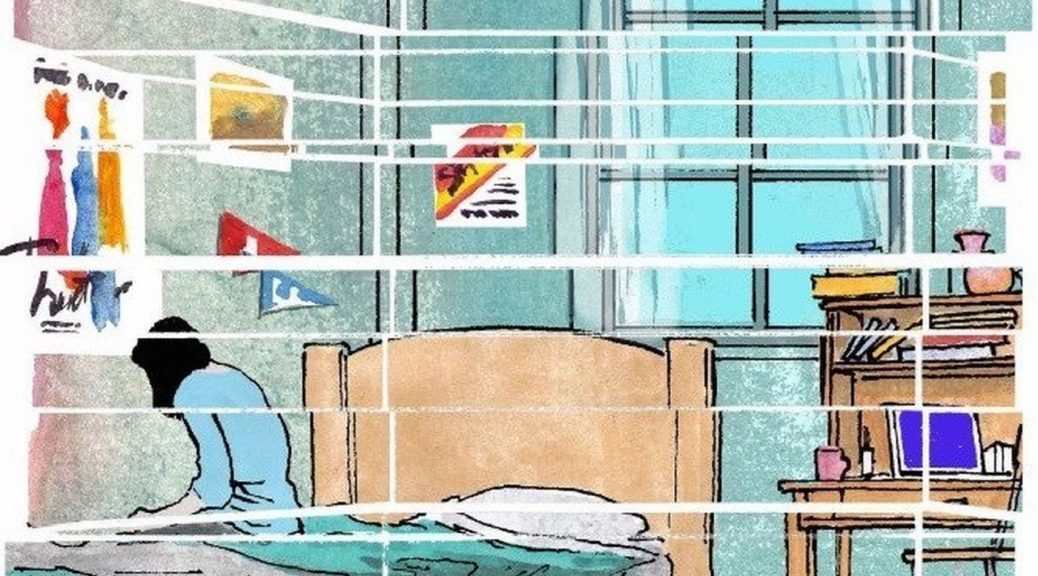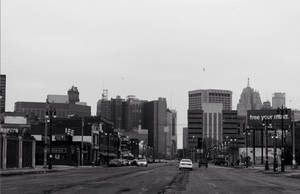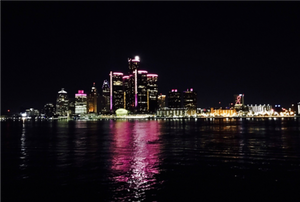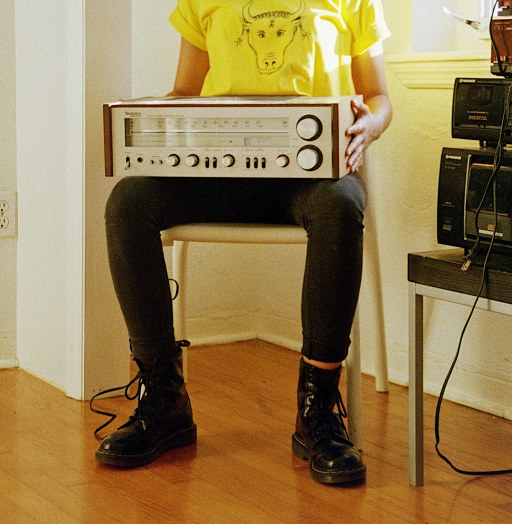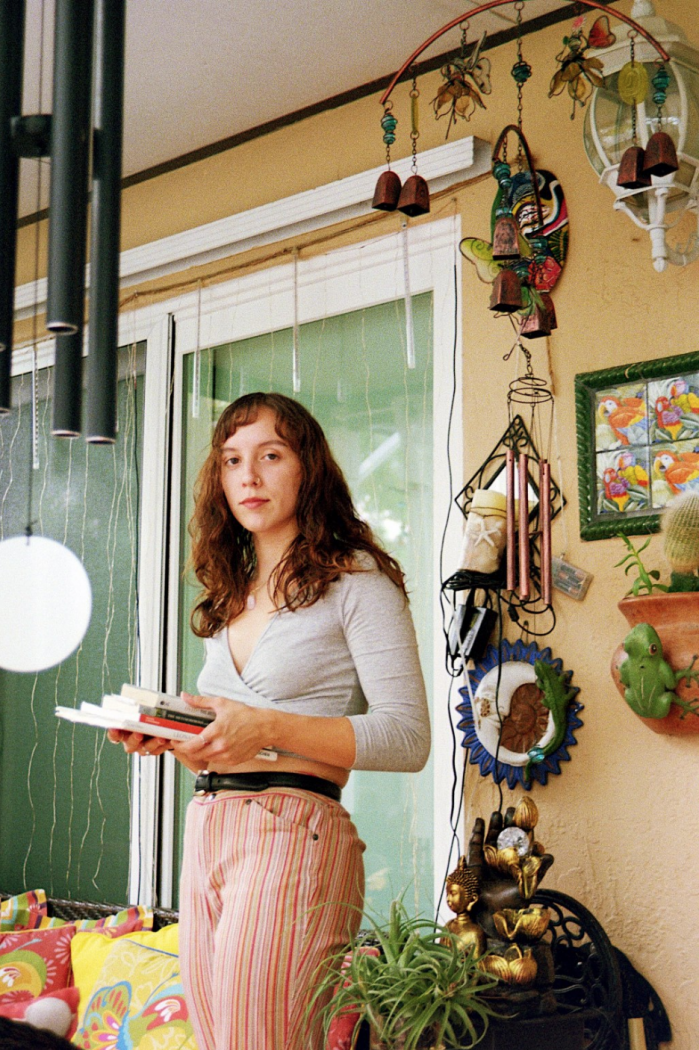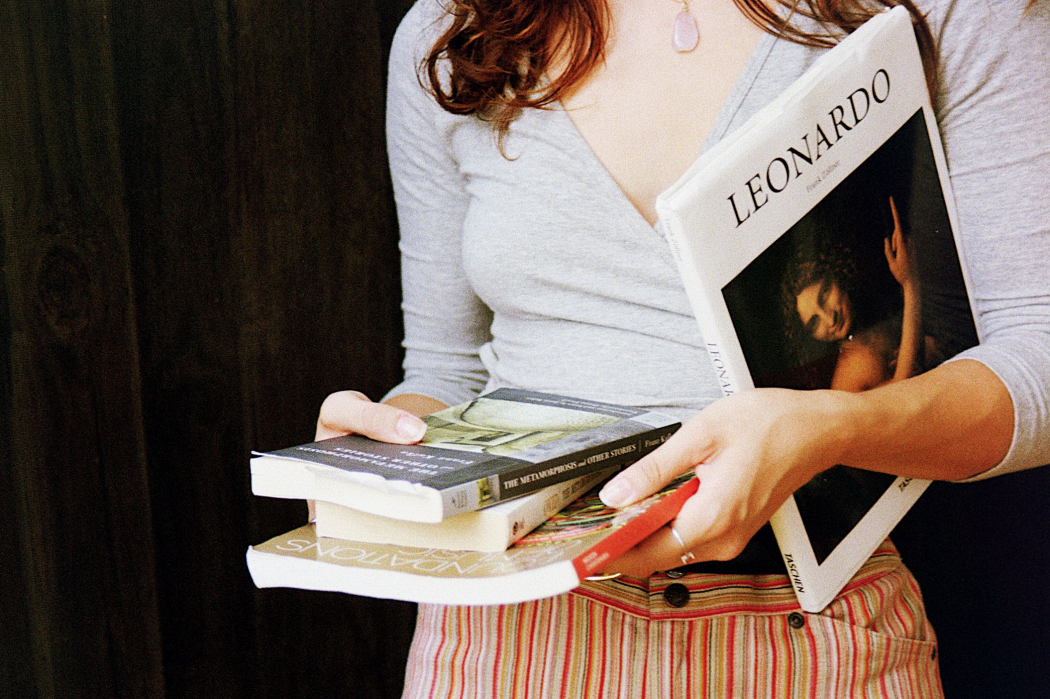By: Naomi Gewirtzman
Recently, I decided to reassess the way I use social media. I found that, like all of my peers, I was wasting countless hours a day mindlessly scrolling through feeds that largely consisted of fashion and fitness “influencers,” and it was getting exhausting. Studies show that social media is detrimental to mental health, especially in girls, largely due to the tendency for women to compare themselves to what they see on social media. This toxic Instagram culture advertizes unattainable lifestyles and promotes unrealistic and unrepresentative beauty standards; and the pressure of comparison promotes unhealthy competition between women. I decided to make a change. I wanted to be more mindful and intentional with the media I was consuming, so I went through every account I was following, and considered whether it was benefiting me and reflective of my values. If it wasn’t, I unfollowed and replaced it with accounts belonging to an array of diverse women with positive messages. Now, my time spent on social media is informative, intersectional, and empowering. Here are some of my favorite feminist Instagram accounts.
- @liberaljane
Caitlin Blunnie is a feminist activist who makes gorgeous pieces related to feminism. Her feed is filled with drawings of diverse women, and she educates her followers about feminist issues through her art.
- @ocasio2018
Alexandria Ocasio Cortes is not only killing it in our House of Representatives, but she’s also killing it on Instagram. Known for her livestreams in which she interacts with her followers and explains current events and the duties of congress members, this New York representative is the perfect example of a politically engaged, empowered woman.
- @bopo_blossom
Jillian Leigh is a Columbia student on a mission to tear down diet culture. Through her posts, she educates her followers about body positivity, building a healthy relationship with food, and how every woman of every shape, size, and color is beautiful.
- @nowthisher
NowThis Her is a media company that posts videos highlighting stories relevant to women from all over the world. Following this account is a great way to stay up to date on global women’s issues that are underrepresented in other news sources.
- @the_tinder_queen
The Tinder Queen posts submissions of some of women’s worst experiences on Tinder. She educates men on the app about feminism and consent, and teaches her followers how to use dating apps safely and respectfully.
- @sheratesdogs
SheRateDogs is “like WeRateDogs but the dogs are your exes.” She exposes toxic ex boyfriends through followers’ submissions, and encourages women to leave unhealthy relationships and to acknowledge their worth.
- @catcallsofnyc
CatCallsOfNYC takes submissions of her followers’ experiences with street harassment and in New York City. She then goes to the place where the harassment occurred and writes the quote in chalk to bring attention to the issue of catcalling.
- @florencegiven
Florence is another artist who empowers women through her pieces. I love the use of color and sass in her artwork while she brings important feminist issues to attention.








